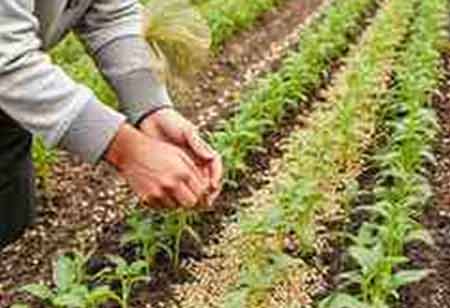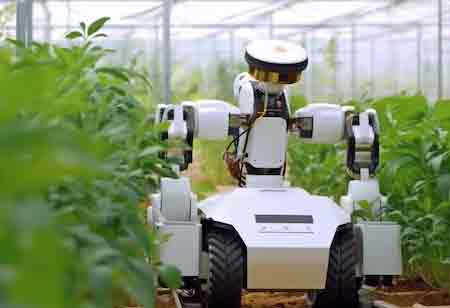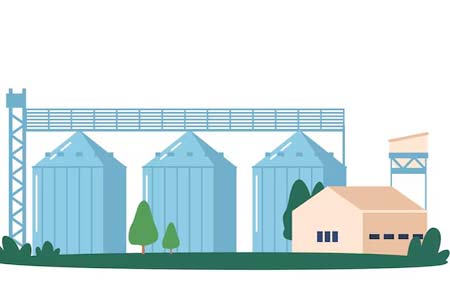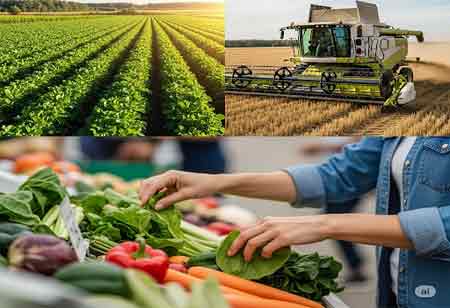Thank you for Subscribing to Agri Business Review Weekly Brief
Implication of Crop Insurance for Farmers
Crop insurance emerges as a vital tool for farmers, offering protection against potential losses and ensuring financial stability.

By
Agri Business Review | Wednesday, January 29, 2025
Stay ahead of the industry with exclusive feature stories on the top companies, expert insights and the latest news delivered straight to your inbox. Subscribe today.
Crop insurance emerges as a vital tool for farmers, offering protection against potential losses and ensuring financial stability.
FREMONT, CA: Agriculture is inherently risky, as farmers must navigate unpredictable weather, pest infestations, and volatile market prices. One of the key benefits of crop insurance is its ability to shield farmers from the financial impact of adverse weather events. With highly weather-dependent agriculture, extreme conditions such as droughts, floods, and storms can cause significant crop losses. Crop insurance provides essential protection, helping stabilize agricultural production and support long-term food security.
The financial protection allows farmers to recover more quickly from such events, ensuring they can continue farming without falling into debt or losing their land. Farming is a volatile business, with income often fluctuating due to factors beyond a farmer's control, such as market prices and yield variability. It stabilizes farmers' incomes by compensating when yields fall below expected levels, or market prices drop. The income stabilization is significant for small-scale farmers who may lack the financial reserves to withstand a bad harvest. Crop insurance enables farmers to plan for the future, invest in their farms, and meet financial obligations, such as loan repayments and input costs.
Crop insurance contributes to long-term economic security for farming households and rural communities. The availability of crop insurance can encourage farmers to invest in their operations and adopt innovative practices. Knowing they have a safety net, farmers may be more willing to invest in high-quality seeds, fertilizers, and irrigation systems to enhance productivity and profitability. Crop insurance can support the adoption of new technologies and sustainable farming practices. The willingness to invest and innovate is essential for improving agricultural productivity and resilience in the face of evolving challenges. When farmers have crop insurance, lenders view them as less risky, making securing loans easier.
Access to credit is crucial for farmers, as it allows them to invest in inputs, equipment, and infrastructure that can improve productivity and profitability. It facilitates the flow of capital into the agricultural sector, supporting growth and development. Crop insurance contributes to the sustainability of agriculture by helping farmers manage risk in a way that does not deplete their resources or force them into unsustainable practices. The importance of crop insurance will only grow, making it an essential component of modern agricultural systems. Crop insurance is not just a financial product—it's a lifeline that safeguards their future and the future of global food security.
The practices can lead to soil degradation, reduced biodiversity, and lower long-term productivity. Crop insurance allows farmers to adopt economically viable and environmentally sustainable practices. The balance is essential for ensuring the long-term health of agricultural systems and the ecosystems on which they depend.





